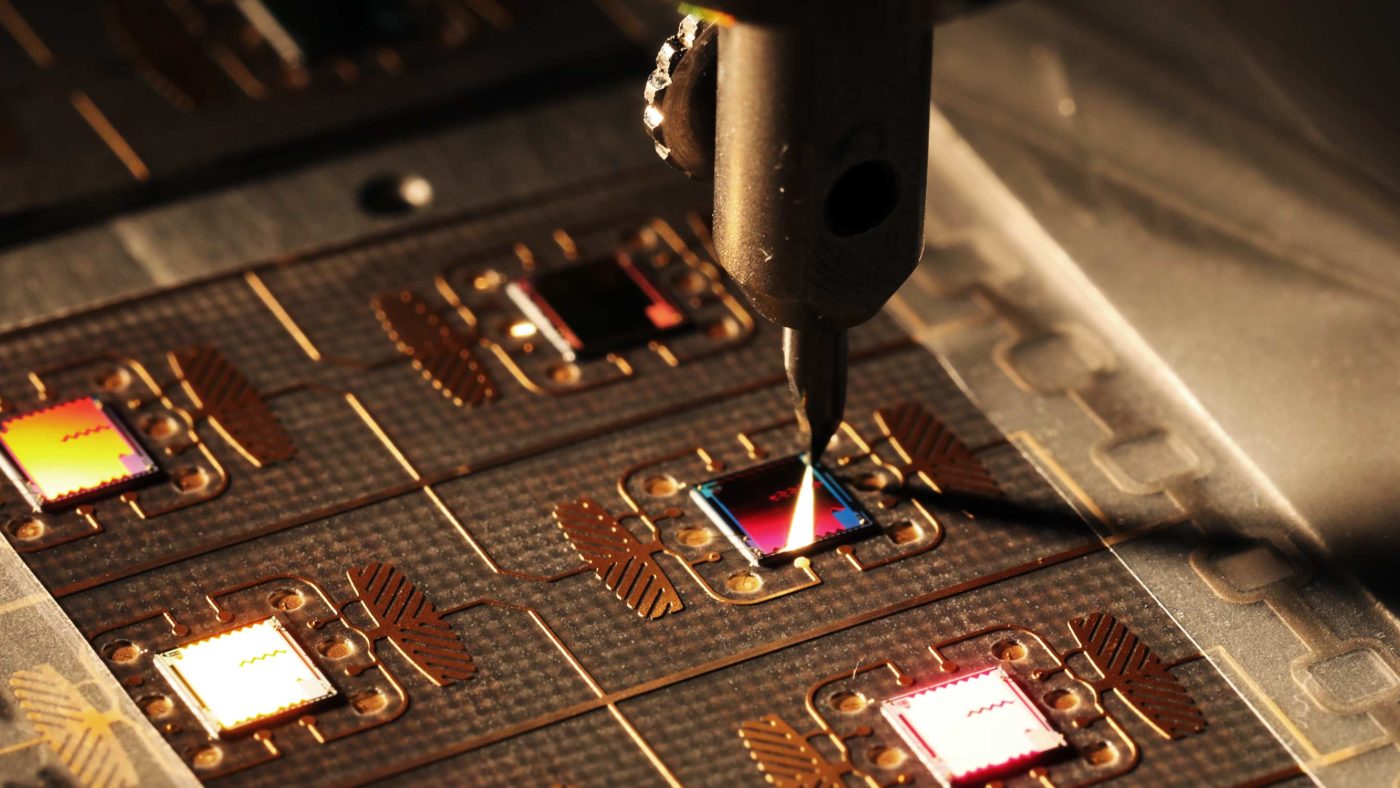The UK government has been ‘wargaming’ the impact of chip shortages, Bloomberg reported last week. The results were dire, with the risk of a war cutting off supply from Taiwan escalating into prohibitively expensive smartphones, the car industry struggling to survive and endangering medical care.
This contingency planning should be commended (even if a similar exercise for a pandemic in 2016 almost entirely missed the challenges, while calmly accepting mass deaths.) But we should be careful about allowing false premises and scaremongering to drive policymaking. There would undoubtedly be shortages of many goods if there were a major war in Asia-Pacific, but apocalyptic predictions should be taken with a pinch of salt.
The Bloomberg article, for example, states that Taiwan’s chip giant TSMC manufactures 92% of the world’s most advanced chips. This is true but not the full picture. Taiwan is responsible for about one-fifth of all global chips, followed by Korea (20%), Japan (16%) and China (15%). North America (13%) and Europe (6%) also contribute.
That’s not all. There are 29 new semiconductor factories currently being planned across the world, largely in response to anticipated global demand over the coming years. Much of this new capacity is being subsidised by American and European Union taxpayers. This puts the UK in an excellent position, with our neighbours and allies subsidising a key input for British manufacturers.
More broadly, the narrative about chip shortages is built on an entirely false narrative. The Government’s forthcoming chips strategy, and subsidies from the EU and US, largely comes from the idea that Covid demonstrated the vulnerability of global supply chains. The accepted wisdom is that global Covid chip shortages were responsible for manufacturing delays, particularly in the car industry.
But this claim obscures more than it reveals.
A lack of chips was certainly a serious issue: if just one chip is missing a car cannot ship. By some estimates, there were 7.7 million fewer cars because of chip shortages in 2021.
But the shortage was not because the microchip supply chain was majorly interrupted. There were some temporary slowdowns caused by various lockdowns. but overall global chip production actually increased over the period. In 2021, 1.1tn semiconductors were sold worldwide, according to IC Insights – an increase of 13% compared to 2020. The industry thrived despite the gigantic peacetime shock posed by the pandemic, an impressive achievement. Overall manufacturing capacity has grown by one-fifth since January 2020.
The real trouble was that at the start of Covid car manufacturers cut their production plans and cancelled orders from their suppliers, including for chips. In one case, Volkswagen blamed its suppliers, like Continental and Robert Bosch, who they claimed were told to expect a strong recovery in late 2020 but did not act. In any case, the chip orders were cancelled and scaled down. The spare manufacturing capacity was put to other uses experiencing strong demand at the start of lockdown, particularly consumer electronics like smartphones and PCs and servers for cloud computing.
The manufacturing of microchips from start to completion takes around six months. So when car demand rebounded much faster than expected, and chip manufacturing capacity was otherwise engaged, the carmakers were stuck. They naturally found it easier to blame third parties instead of taking responsibility for poor demand forecasting; and clearly have some work to do to secure supply chains in future.
As economic historian Chris Miller explains in Chip War: The Fight for the World’s Most Critical Technology:
‘PC demand spiked in 2020, as millions of people upgraded their computers to work from home. Data centers’ demand for servers grew, too, as more of life shifted online. Car companies at first cut chip orders, expecting car sales to slump. When demand quickly recovered, they found that chipmakers had already reallocated capacity to other customers.’
Miller concludes that politicians around the world have ‘misdiagnosed the semiconductor supply chain dilemma’. The chip industry didn’t have production problems because of Covid, rather, carmakers’ frantic and ill-advised cancellation of orders and just-in-time manufacturing caused the problems.
Global supply chains are highly adaptable and dynamic – or, to put it simply, it’s pretty unlikely we are going to face this sort of problem again. The supply chain for chips is radically diversifying and carmakers are unlikely to mistakenly cancel their orders again in future. Policymakers should be careful not to learn the wrong lessons or attempt to refight the last war.
Click here to subscribe to our daily briefing – the best pieces from CapX and across the web.
CapX depends on the generosity of its readers. If you value what we do, please consider making a donation.


